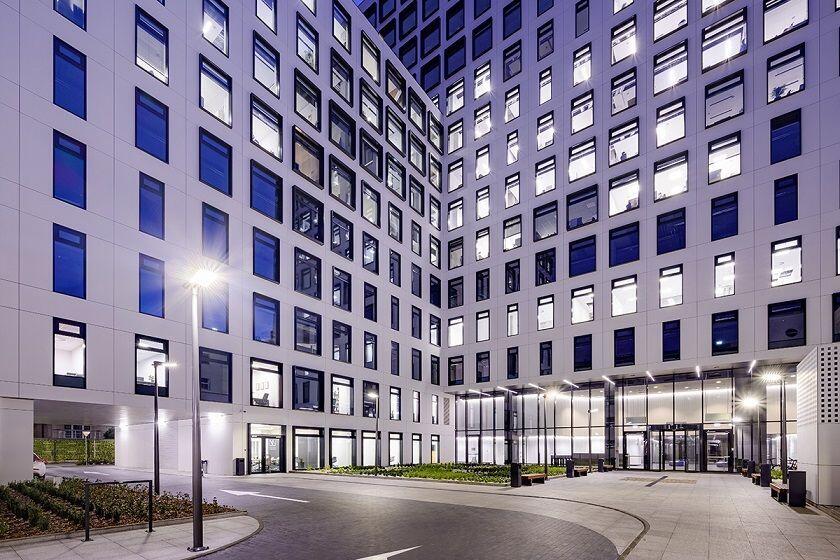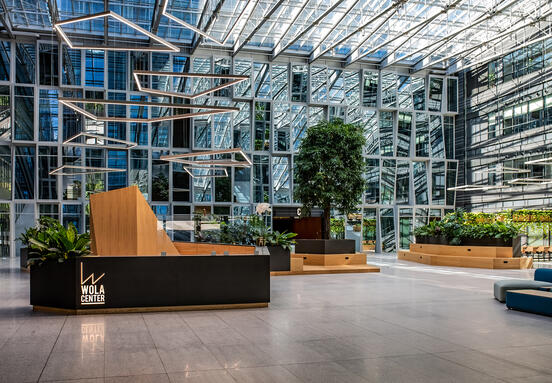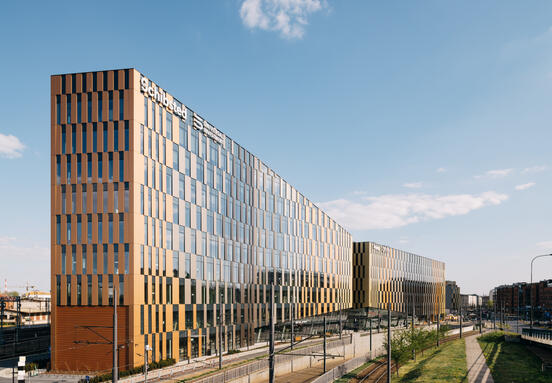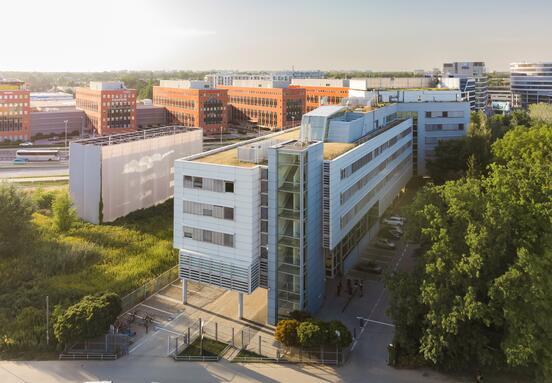The demand for flexible office solutions is accelerating. This is due to, among other things, the uncertainty surrounding what is to come in a rapidly changing business environment. We are seeing changes in lifestyles, values and social behavior, triggered by changes in home work policies during a pandemic, and flex is adapting better to these revolutions than traditional offices.
The flexible office industry is becoming, next to logistics, the fastest growing real estate segment. The implementation of digital tools for marketing and sales purposes will result in an even greater penetration of flex surfaces into the market in the future - explains Hubert Abt, CEO of New Work and workcloud24. - Building owners who are not able to provide flexible office solutions will lose about 30 percent in the near future. market potential - he adds.
The flexible job industry has been hit hard with the onset of the pandemic. Despite the impressive market recovery in 2021, the fight to increase occupancy was associated with the price of lower revenues per rented job. According to the latest Deskmag study from December 2021, as much as 70 percent. the operation is unprofitable.
Nevertheless, the overall market outlook looks very optimistic. According to Deskmag, 79 percent. operators described their business situation in November 2021 as satisfactory, while in 2020 only half of them thought so. 62 percent operators recorded an improvement in the situation in the last three months, and 41 percent. expects it to continue to improve.
While in 2019 only 5 percent. of flexible space in the building was perceived as a proper share, today this number already exceeds 10%, steadily going towards 20%. We expect a further increase in interest in the franchise network in shopping centers and large housing projects - predicts Hubert Abt.








